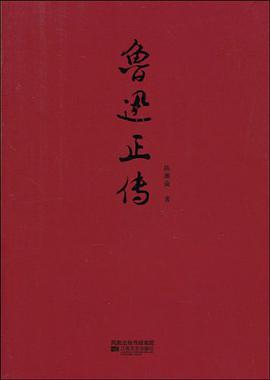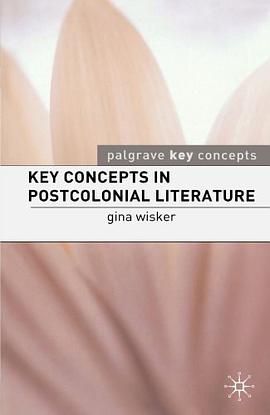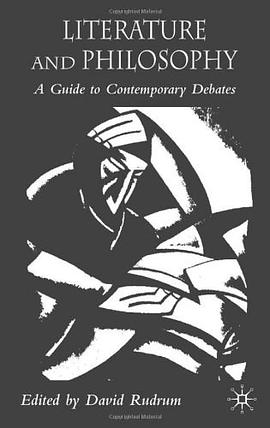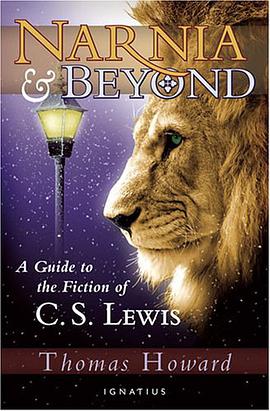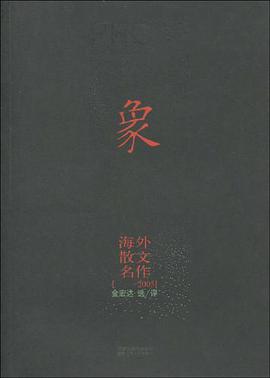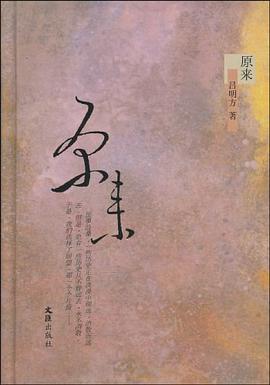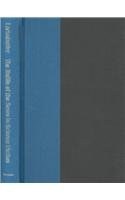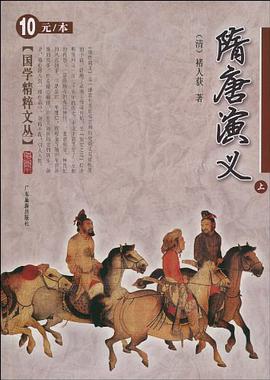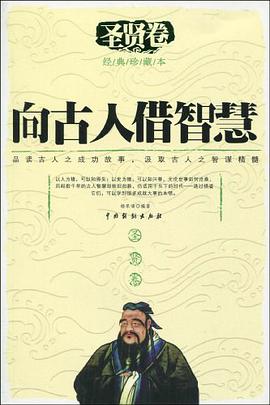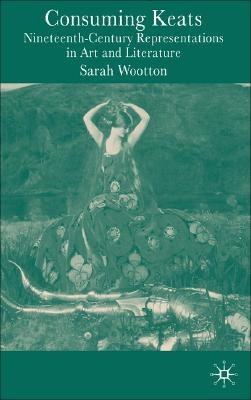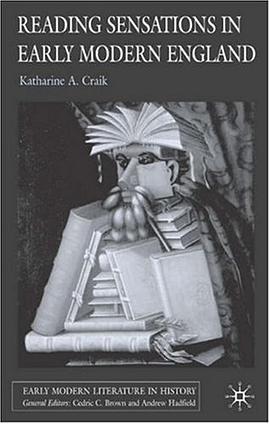

Part of the greatness of great literature consists in the profound, philosophic ideas the works contain. These ideas may not be unknown to philosophy but, when rendered in literary form, they gain an aesthetic force often lacking in the philosophic treatise with its careful train of reasoning. In this insightful study, Burton Porter explores the philosophic content of some outstanding literary works, analysing and evaluating the ideas that drive the narrative. Porter first examines the concept of free will and determinism in Melville's "Moby Dick", placing the quest for the white whale within the context of foreordination, hubris, prophecy, and defiance of divine power. Connections are also drawn to Euripides' "Medea" and Shakespeare's "King Lear" as well as the Old Testament. The good and the right are traced in Anouilh's "Antigone" and Tolstoy's "Anna Karenina", showing the philosophic antagonisms in the literature and in the conflicted minds of the authors. Voltaire' "Candide" and Dostoevsky's "The Brothers Karamazov" are then explored insofar as they express the problem of evil - the tension between human suffering on earth and belief in a benevolent, wise, almighty God. Finally, the nature of the self is investigated in Rilke's "The Notebooks of Malte Laurids Brigge" and Kafka's "The Metamorphosis", focusing on identity and the mind-body problem. Porter makes philosophy come alive by showing its expression in art and revealing the depth of ideas that make literature compelling.
具体描述
读后感
评分
评分
评分
评分
用户评价
相关图书
本站所有内容均为互联网搜索引擎提供的公开搜索信息,本站不存储任何数据与内容,任何内容与数据均与本站无关,如有需要请联系相关搜索引擎包括但不限于百度,google,bing,sogou 等
© 2025 book.wenda123.org All Rights Reserved. 图书目录大全 版权所有

